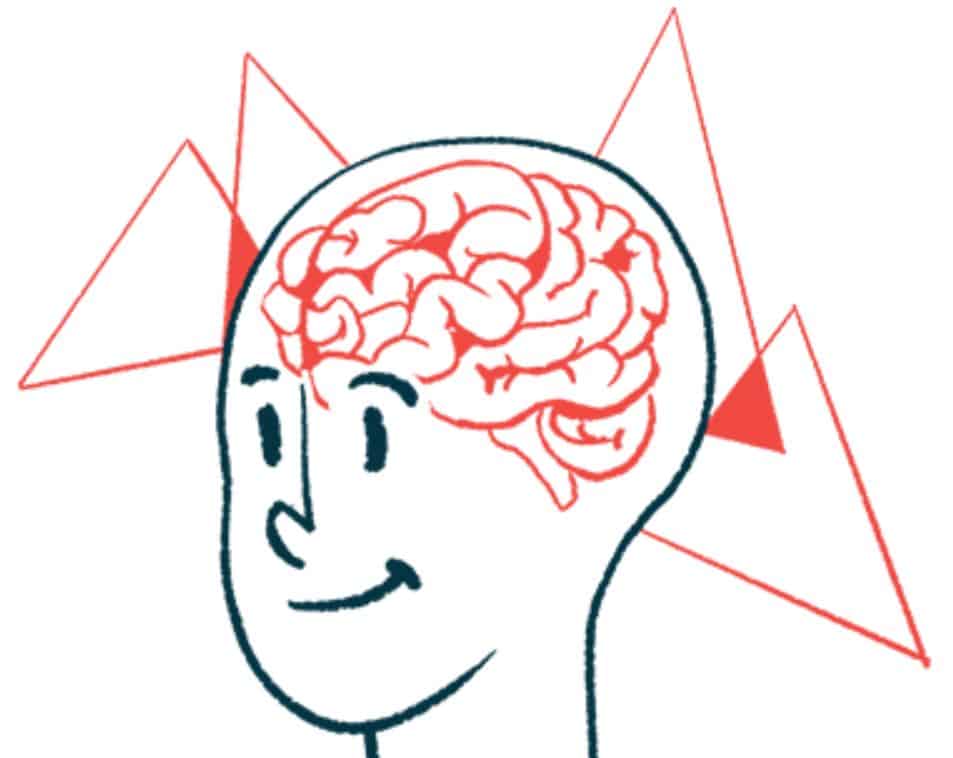
Texas site now enrolling 29 women with MS and urinary tract problems
Steve Bryson, PhD avatar
by Steve Bryson, PhD | February 15, 2024
A small clinical trial in Texas is testing whether a noninvasive magnetic brain stimulation procedure can ease the symptoms of overactive bladder in adults with multiple sclerosis (MS).
The randomized Phase 2 study (NCT06072703) is ongoing at Houston Methodist Hospital, and is recruiting about 29 women with stable MS and symptoms of lower urinary tract dysfunction to test the effects of repetitive Transcranial Magnetic Stimulation, known as rTMS.
“We are confident that we will accomplish our goal of increasing the quality of life for those burdened with MS and [lower urinary tract dysfunction],” the researchers wrote.
While MS affects more women than men, bladder problems are common among all patients regardless of sex. Indeed, at least 4 of every 5 MS patients experience some form of bladder dysfunction. For this study, the team of scientists sought to build on their previous research involving lower urinary tract function in women.
The trial’s protocol was detailed in “Evaluating noninvasive brain stimulation to treat overactive bladder in individuals with multiple sclerosis: a randomized controlled trial protocol,” an article published in the journal BMC Urology.
Trial builds on earlier study of women with bladder problems
Nearly all people with MS experience neurogenic overactive bladder, or NOAB, a neurological condition marked by frequent urination, or an urgent desire to urinate, with or without a loss of bladder control, known as incontinence.
Typically, first-line treatments for overactive bladder involve bladder training, pelvic floor muscle training, and adjustments to fluid intake. Medications also can be used, but these carry the risks of side effects and have only moderate effectiveness for most patients.
An alternative approach is noninvasive repetitive Transcranial Magnetic Stimulation, which takes advantage of the brain’s regulatory role in bladder function. rTMS involves placing an electrical coil near the scalp to deliver magnetic pulses to specific brain regions, with the aim of modulating nerve cell activity.
A few years ago, a Methodist Hospital Research Institute team conducted a pilot study (NCT03574610) that tested rTMS in 10 women with MS who had difficulty emptying their bladder, leading to urinary retention.
Data from the trial, which was completed in 2022, showed that rTMS increased activation in the brain regions involved the start of urination. Urine retention in the bladder was significantly reduced among participants. Moreover, these treated patients reported significant improvement in bladder emptying symptoms.
Now, the team designed a controlled clinical trial, funded by a National Institutes of Health grant, to evaluate the impact of rTMS in women with MS and overactive bladder. The trial’s primary goal is to assess whether such magnetic brain stimulation can restore brain function and reduce signs of urinary frequency, urgency, and incontinence.
Eligible participants are women with clinically stable MS, defined as the absence of worsening disability for at least six months before study entry, and symptoms of neurogenic lower urinary tract dysfunction for at least three months. — READ MORE


